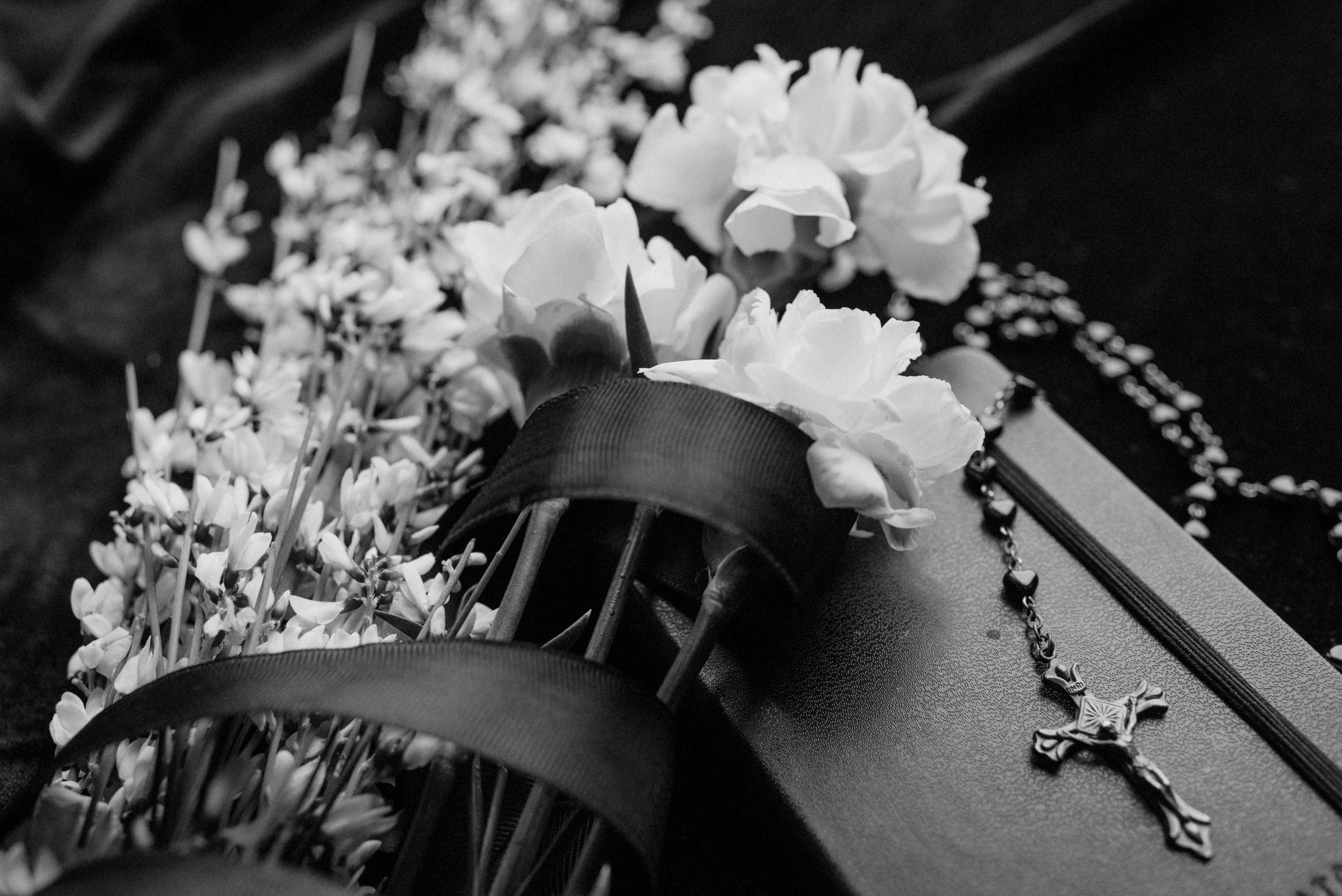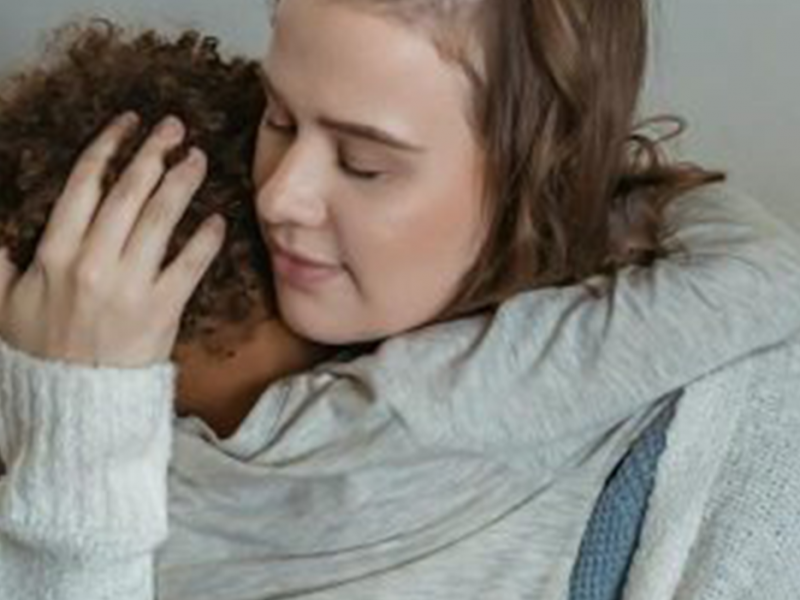
08 Feb PLANNING FUNERAL ARRANGEMENTS
PLANNING FUNERAL ARRANGEMENTS
When somebody dies in violent circumstances, such as in cases of murder or manslaughter, then this will have a bearing when it comes to planning their funeral arrangements.
After the conclusion of the crime scene investigation, the police will arrange for the victim to be taken to a nearby mortuary where the body then comes under the control of the coroner. The coroner, an official independent from the police, will need to order a post-mortem examination to find out more about the cause of their death. This takes place in a hospital and is conducted by a pathologist, normally within a few days. Prior to this happening, the process of formal identification will need to take place, which you can learn more about in the article The Identification Process.
It’s important to bear in mind that in criminal investigations it may be necessary to have a second post-mortem to try and find out more details about the cause of death. If so then the release of the body and the funeral arrangements will need to be delayed. The rights of the victim’s family to object to a post-mortem differ from country to country. In the UK, there is no legal right to object but families are nevertheless encouraged to notify the coroner of any religious or other strong objections they may have.
In most cases, the family will be notified in advance of when the post-mortem will take place. The only exception is when it would not be practicable to do so or would otherwise unduly delay the examination. Again, depending on which country the crime has taken place, the victim’s family may have the right to request a separate post-mortem examination, led by a pathologist of their choice, if they so wish. If charges in a criminal case have already been made then it is possible that the defendant’s legal team may have a similar right to request a separate examination. It is only when the coroner has enough information to decide on the cause of death that the body will be released for the funeral.

Registering a Death
The fact that there is a police investigation, or criminal case, taking place into the death of your child also has a bearing on registering their death, which is both required by law and necessary for the death certificate to be issued and the funeral to proceed.
You won’t be able to register the death until the police investigation has been completed or the inquest hearing —a formal inquiry into the cause and circumstance of death, opened by the coroner— has been held. While this is ongoing, you will receive an interim death certificate from the Coroner’s Office which looks and works exactly like a normal death certificate with the only exception being that the cause of death is not confirmed. You will also need to engage a funeral director and provide the Coroner’s Office with their details, as well as details of whether it will be a burial or cremation service, before the body can be released.
Arranging a funeral can feel like an overwhelming responsibility when you are racked with grief at the loss of your child. Thankfully, it is often possible for another close relative or even family friend to take care of many of these things on your behalf. The exception would be when there is a will and a named executor or administrator. In my case, my sister was willing, ready, and able to shoulder the burden of the funeral arrangements for me. This meant so much as, at the time, I was virtually incapable of stringing a thought together let alone organise something as complex as a funeral.
When my babies’ bodies were releases, we arranged for a cremation, selecting a small chapel for the service to take place, attended only by family and our house staff. It was heartbreaking to see their little coffins by the altar, and as I slowly walked toward them, my feet felt like lead every step of the way. Everything was shrouded by my grief and my only vivid recollection of the service is that I chose to play their favourite song, Fireball by Pitbull, tears streaming down my face as I tried to sing along.
Yes, it was truly heart-wrenching but, and you will most likely feel the same, the funeral was an opportunity to let out all those pent-up emotions while saying my final goodbyes. While the criminal case would continue, there was, at least, the small mercy of some closure.
The memorial service that followed included a touching tribute to my babies with biodegradable balloons that were filled with seeds. People wrote messages on eco-friendly paper and we sent them off, all at once. It was beautiful sight to see; so ethereal and beautiful to know that wherever they would land, a tree would grow.
I chose to bury their ashes in Spain, where we had spent many of our holidays, and as my family had a burial plot there. They were buried next to my aunt and grandfather, with beautiful roses of various colours. It is a beautiful, peaceful location and I still find it comforting to have a place where they are buried that I can visit to remember and reflect.
How you choose to remember your child, and celebrate their life, is, of course, a deeply personal decision but, again, I cannot urge you enough to call upon the strength and support of those closest to you if that is possible.
The funeral isn’t, of course, the end of the grieving process. Indeed, it may feel more like the real beginning. You can find more advice elsewhere on the site on how best to Process Grief and learn about The Benefits Of Counselling.
KEY TAKEAWAYS
- Recognise that a criminal investigation can have an impact on the funeral planning process.
- Understand that the death registration process is affected by ongoing police investigations or criminal cases.
- Understand that arranging a funeral can be overwhelming, and it is possible for a close relative or friend to handle these responsibilities on your behalf, especially if there is a will and a named executor or administrator.
- Consider personalising the funeral to celebrate your child’s life and create a meaningful memorial. Seek support from close relatives and friends during this challenging time.
- Understand that the funeral does not typically mark the end of the grieving process, and additional resources, such as grief processing advice and counselling, can be beneficial in navigating the complex emotions associated with loss.



